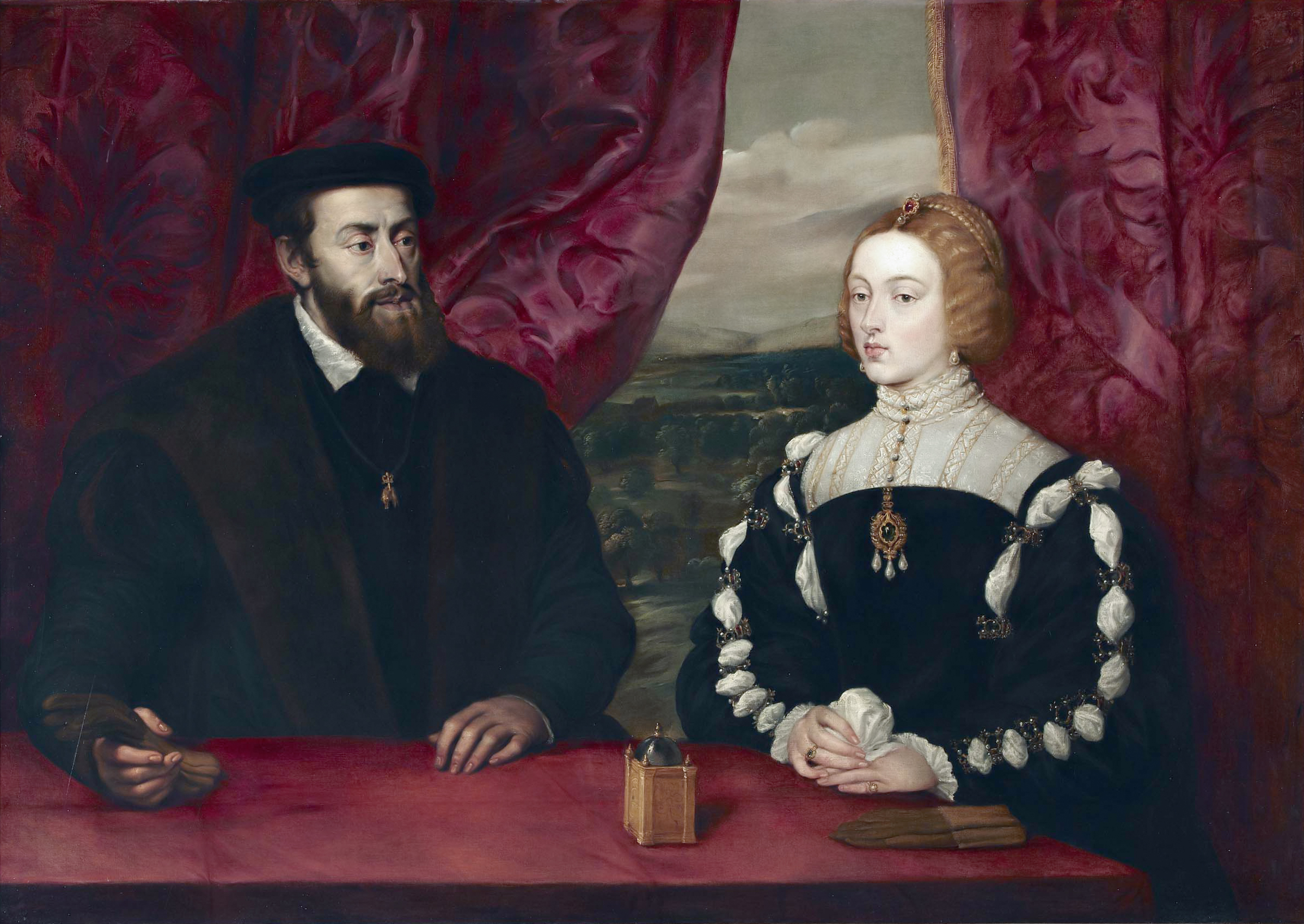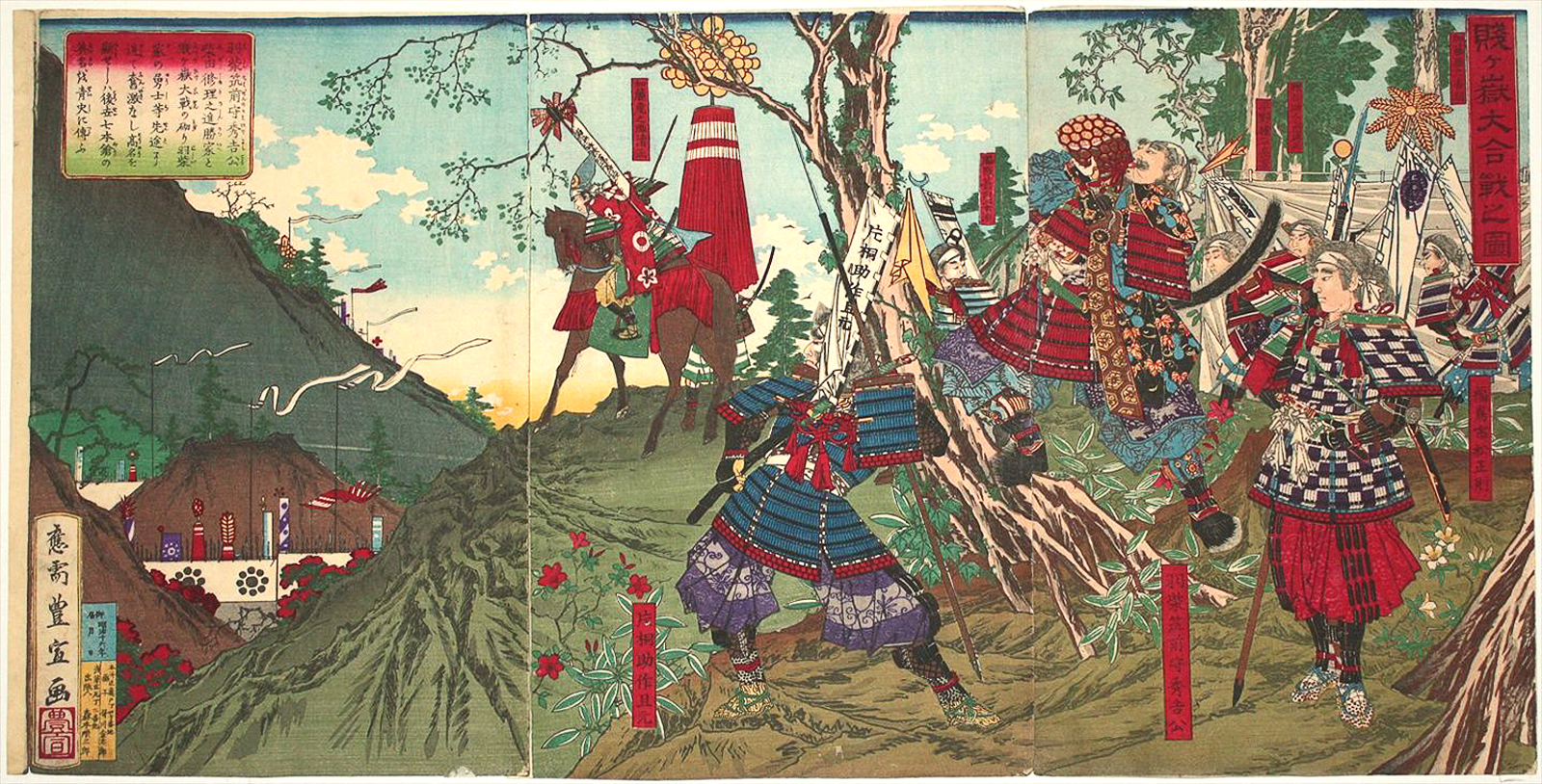|
Leonor De Mascareñas
Leonor de Mascareñas (d. 1583), was a Spanish courtier. She was the lady-in-waiting and confidante of the queen regent of Spain, Isabella of Portugal, and served as the royal governess of Philip II of Spain Philip II) in Spain, while in Portugal and his Italian kingdoms he ruled as Philip I ( pt, Filipe I). (21 May 152713 September 1598), also known as Philip the Prudent ( es, Felipe el Prudente), was King of Spain from 1556, King of Portugal from .... Doña Leonor de Mascareñas had a daughter from Jorge Pires de Figueiroa, Doña Maria de Morais de Mascarenhas, ancestor of Doña Josefa Maria de Mascarenhas Figueiroa Borges, baptized the 06-10-1698, the heir daughter of Manuel Borges Mascarenhas, Lord of Morgado do Souto , in Arrifana de Santa Maria (Vila da Feira), Portugal. Father Jorge Pires de Figueiroa was the first rector of Souto. He was one of the private chaplains of Doña María de Aragón, second wife of King Manuel I of Portugal. After the death of the King Man ... [...More Info...] [...Related Items...] OR: [Wikipedia] [Google] [Baidu] |
Isabella Of Portugal
Isabella of Portugal (24 October 1503 – 1 May 1539) was the empress consort and queen consort of her cousin Charles V, Holy Roman Emperor, King of Spain, Archduke of Austria, and Duke of Burgundy. She was Queen of Spain and Germany, and Lady of the Netherlands from 10 March 1526 until her death in 1539, and became Holy Roman Empress and Queen of Italy in February 1530. She was the regent of Spain because of her husband's constant travels through Europe, focusing on the kingdom's policies independent of the Empire and managing the economy. Childhood Isabella was born in Lisbon on 24 October 1503 and named after her maternal grandmother (Isabella I) as well as her maternal aunt, who had been her father's first wife. She was the second child and first daughter of King Manuel I of Portugal and his second wife, Maria of Aragon. Isabella was second-in-line to the throne until the birth of her brother Luis in 1506. Isabella was educated under the supervision of her governess ... [...More Info...] [...Related Items...] OR: [Wikipedia] [Google] [Baidu] |
Philip II Of Spain
Philip II) in Spain, while in Portugal and his Italian kingdoms he ruled as Philip I ( pt, Filipe I). (21 May 152713 September 1598), also known as Philip the Prudent ( es, Felipe el Prudente), was King of Spain from 1556, King of Portugal from 1580, and King of Naples and Sicily from 1554 until his death in 1598. He was '' jure uxoris'' King of England and Ireland from his marriage to Queen Mary I in 1554 until her death in 1558. He was also Duke of Milan from 1540. From 1555, he was Lord of the Seventeen Provinces of the Netherlands. The son of Emperor Charles V and Isabella of Portugal, Philip inherited his father's Spanish Empire in 1556 and succeeded to the Portuguese throne in 1580 following a dynastic crisis. The Spanish conquests of the Inca Empire and of the Philippines, named in his honor by Ruy López de Villalobos, were completed during his reign. Under Philip II, Spain reached the height of its influence and power, sometimes called the Spanish Golden Age, and r ... [...More Info...] [...Related Items...] OR: [Wikipedia] [Google] [Baidu] |
1583 Deaths
__NOTOC__ Events January–June * January 18 – François, Duke of Anjou, attacks Antwerp. * February 4 – Gebhard Truchsess von Waldburg, newly converted to Calvinism, formally marries Agnes von Mansfeld-Eisleben, a former canoness of Gerresheim, while retaining his position as Archbishop-Elector of Cologne. * March 10 – The ''Queen Elizabeth's Men'' troupe of actors is ordered to be founded in England. * May – Battle of Shizugatake in Japan: Shibata Katsuie is defeated by Toyotomi Hideyoshi, who goes on to commence construction of Osaka Castle. * May 22 – Ernest of Bavaria is elected as Roman Catholic Archbishop of Cologne, in opposition to Gebhard Truchsess von Waldburg. The opposition rapidly turns into armed struggle, the Cologne War within the Electorate of Cologne, beginning with the Destruction of the Oberstift. July–December * July 25 – Cuncolim Revolt: The first documented battle of India's independence against a ... [...More Info...] [...Related Items...] OR: [Wikipedia] [Google] [Baidu] |
Spanish Ladies-in-waiting
Spanish might refer to: * Items from or related to Spain: **Spaniards are a nation and ethnic group indigenous to Spain **Spanish language, spoken in Spain and many Latin American countries **Spanish cuisine Other places * Spanish, Ontario, Canada * Spanish River (other), the name of several rivers * Spanish Town, Jamaica Other uses * John J. Spanish (1922–2019), American politician * "Spanish" (song), a single by Craig David, 2003 See also * * * Español (other) * Spain (other) * España (other) * Espanola (other) * Hispania, the Roman and Greek name for the Iberian Peninsula * Hispanic, the people, nations, and cultures that have a historical link to Spain * Hispanic (other) * Hispanism * Spain (other) * National and regional identity in Spain * Culture of Spain * Spanish Fort (other) Spanish Fort or Old Spanish Fort may refer to: United States * Spanish Fort, Alabama, a city * Spanish Fort (Colorad ... [...More Info...] [...Related Items...] OR: [Wikipedia] [Google] [Baidu] |
16th-century Spanish Women
The 16th century begins with the Julian year 1501 ( MDI) and ends with either the Julian or the Gregorian year 1600 ( MDC) (depending on the reckoning used; the Gregorian calendar introduced a lapse of 10 days in October 1582). The 16th century is regarded by historians as the century which saw the rise of Western civilization and the Islamic gunpowder empires. The Renaissance in Italy and Europe saw the emergence of important artists, authors and scientists, and led to the foundation of important subjects which include accounting and political science. Copernicus proposed the heliocentric universe, which was met with strong resistance, and Tycho Brahe refuted the theory of celestial spheres through observational measurement of the 1572 appearance of a Milky Way supernova. These events directly challenged the long-held notion of an immutable universe supported by Ptolemy and Aristotle, and led to major revolutions in astronomy and science. Galileo Galilei became a champion o ... [...More Info...] [...Related Items...] OR: [Wikipedia] [Google] [Baidu] |



